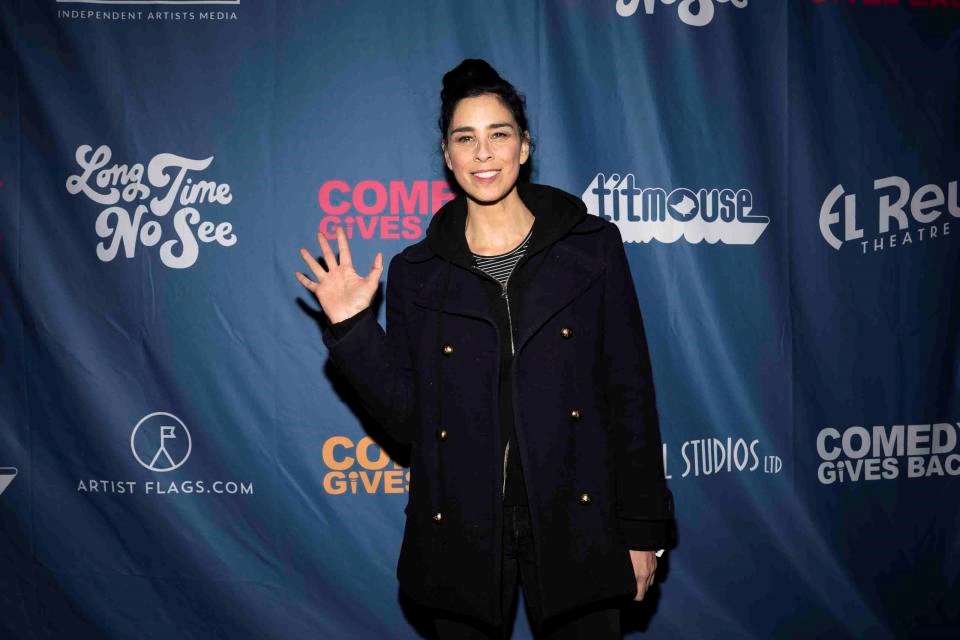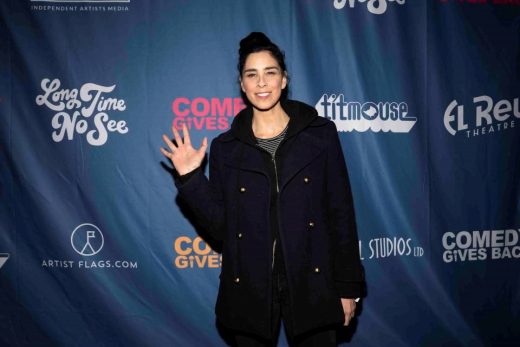Sarah Silverman’s copyright infringement suit against OpenAI will advance in pared-down form
Sarah Silverman’s copyright infringement suit against OpenAI will advance in pared-down form
The case’s principal claim, that OpenAI infringed on copyrighted material by training on her works, remains intact.

Sarah Silverman’s lawsuit against OpenAI will advance with some of her legal team’s claims dismissed. The comedian sued OpenAI and Meta in July 2023, claiming they trained their AI models on her books and other work without consent. Bloomberg reported on Tuesday that the unfair competition portion of the lawsuit will proceed. Judge Martínez-Olguín gave the plaintiffs until March 13 to amend the suit.
US District Judge Araceli Martínez-Olguín threw out portions of the complaint from Silverman’s legal team Monday, including negligence, unjust enrichment, DMCA violations and accusations of vicarious infringement. The case’s principal claim remains intact. It alleges OpenAI directly infringed on copyrighted material by training LLMs on millions of books without permission.
OpenAI’s motion to dismiss, filed in August, didn’t tackle the case’s core copyright claims. Although the suit will proceed, the judge suggested the federal Copyright Act may preempt the suit’s remaining claims. “As OpenAI does not raise preemption, the Court does not consider it,” Martínez-Olguín wrote.
The US court system has yet to determine whether training AI large language models on copyrighted work falls under the fair use doctrine. Last month, OpenAI admitted in a court filing that it would be “impossible to train today’s leading AI models without using copyrighted materials.”
The result of Silverman’s OpenAI hearing is similar to one in San Francisco in November when Silverman’s claims against Meta were also slashed down to the core copyright infringement claims. In that session, US District Judge Vince Chhabria described some of the plaintiffs’ dismissed claims as “nonsensical.”
Other groups suing OpenAI for alleged copyright-related violations include The New York Times, a collection of nonfiction authors (a group that grew after the initial lawsuit) and The Author’s Guild. The latter filed its claim alongside authors George R.R. Martin (Game of Thrones) and John Grisham.
(18)


